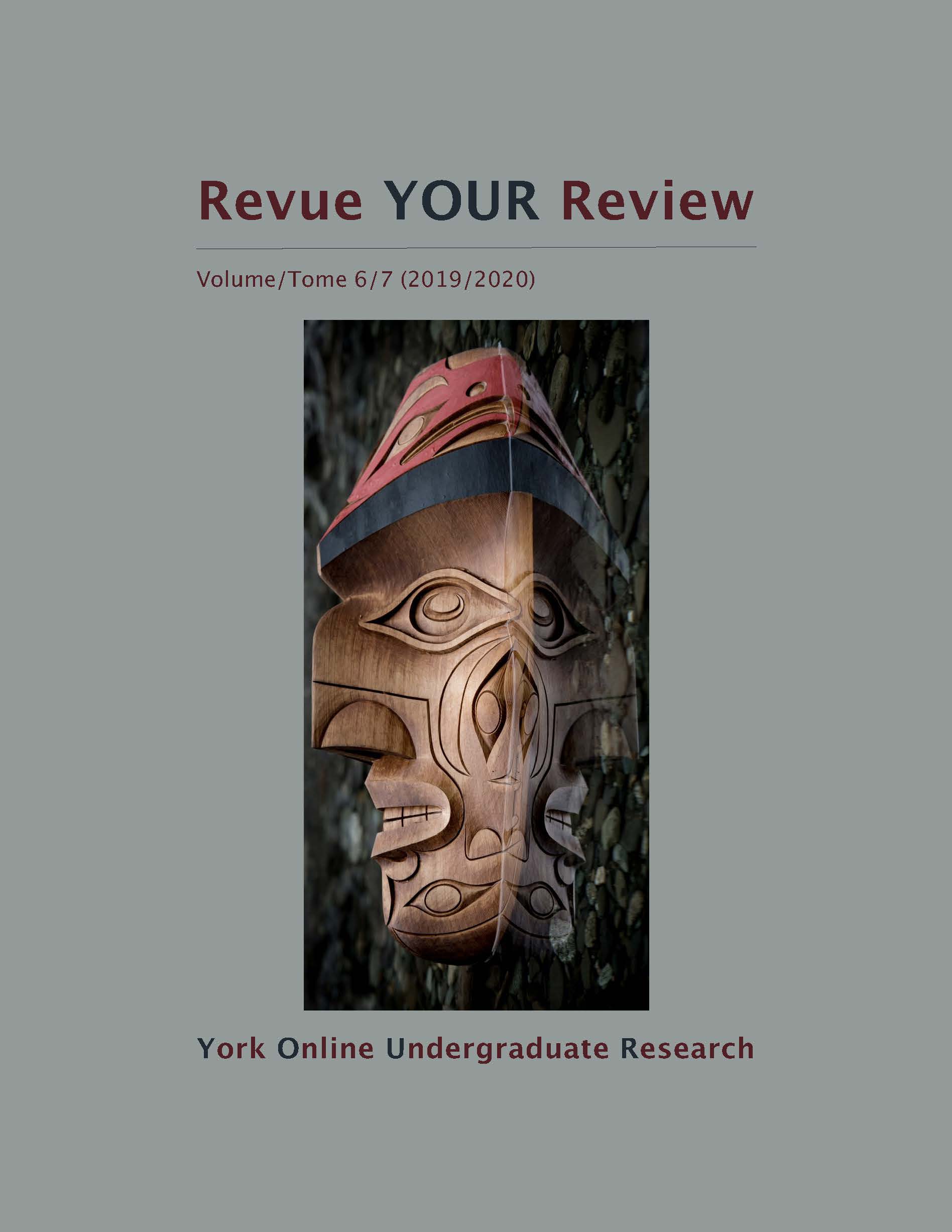Why Bolivia? An Examination of Water Privatization
Abstract
This study explores water privatization in Bolivia in 1998. A literature review was conducted and the historical and capitalistic factors leading to water privatization were examined. Historical factors include Bolivia’s mass debt and the popularity of neo-liberal ideology (a belief that the government should have little control over markets). Capitalistic factors include the role of the state and of social class (pressure on Bolivian officials from external organizations and wealthy citizens), and a prioritizing of profit over social or environmental factors. Together, these factors created the perfect scenario in which the privatization of water in Bolivia was inevitable and, ultimately, detrimental to many Bolivian people, who could no longer afford water. The study recommends that government protection should extend to goods that are a basic human necessity; a desire for profit must not overshadow social and environmental concerns.
Downloads
Published
How to Cite
Issue
Section
License
LicenseAuthors contributing to Revue YOUR Review agree to release their articles under one of three Creative Commons licenses: Creative Commons Attribution 4.0 International; Creative Commons Attribution-NonCommercial 4.0 International; or Creative Commons Attribution-NoDerivatives 4.0 International. All editorial content, posters, and abstracts on this site are licensed under Creative Commons Attribution-NoDerivatives 4.0 International. For further information about each license, see:
https://creativecommons.org/licenses/
In all cases, authors retain copyright of their work and grant the e-journal right of first publication. Authors are able to enter into other contractual arrangements for the non-exclusive distribution of the e-journal's published version of the article (e.g., post it to an institutional repository or publish it in a book or in another journal), with an acknowledgement of its initial publication in this e-journal.


